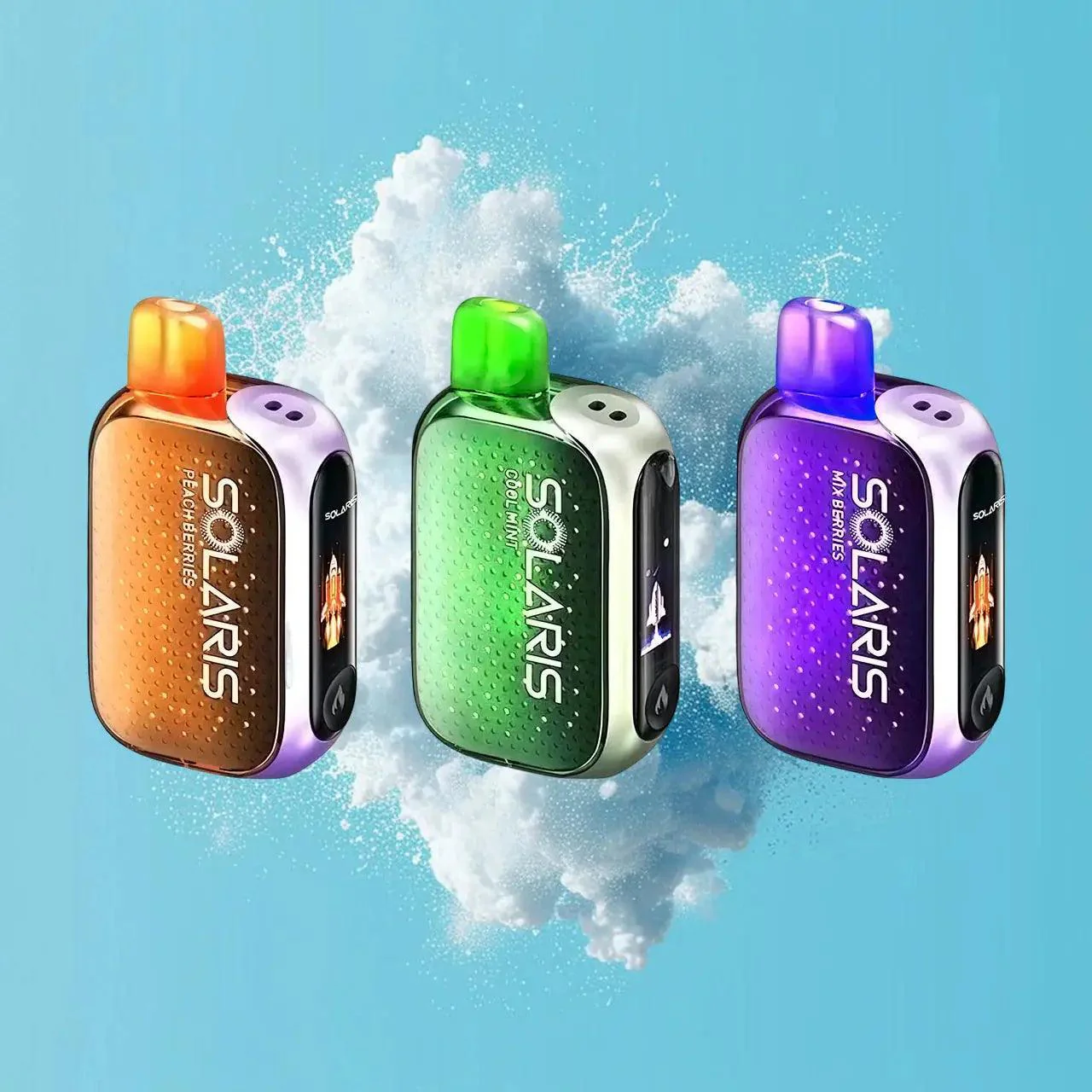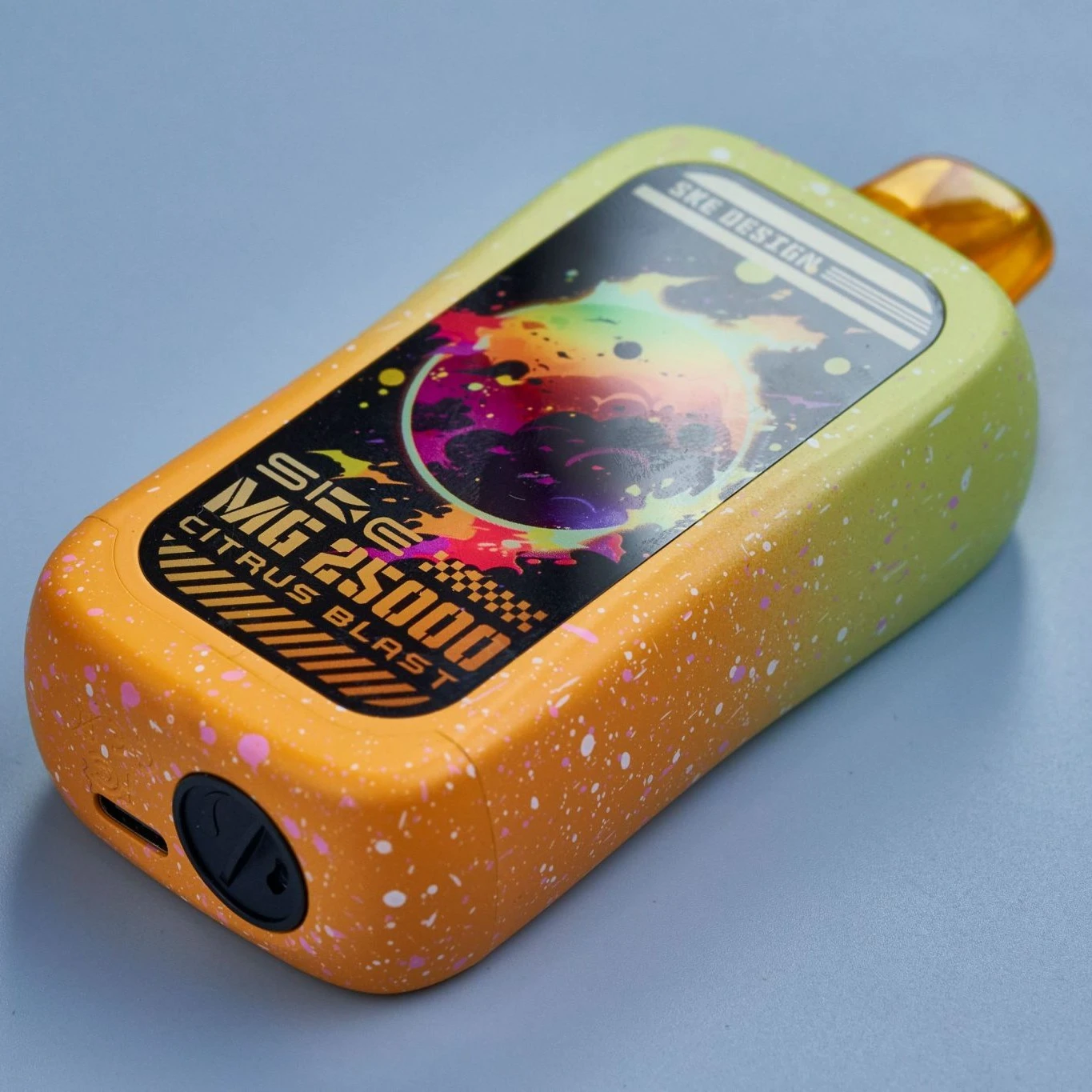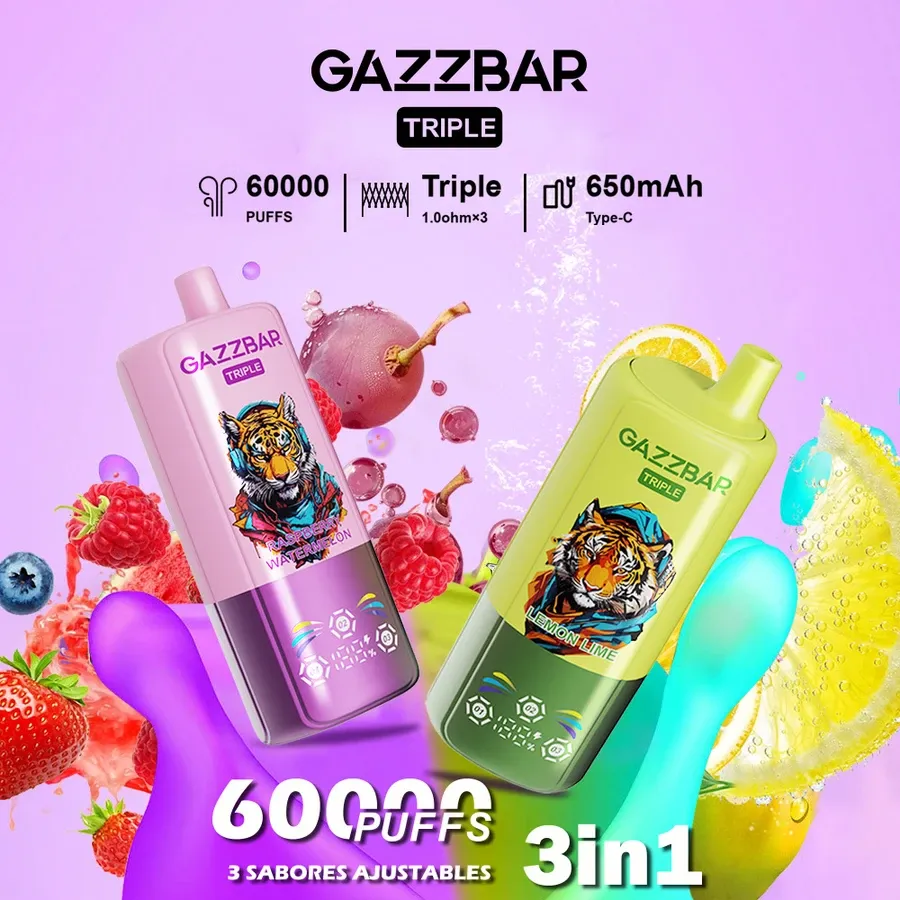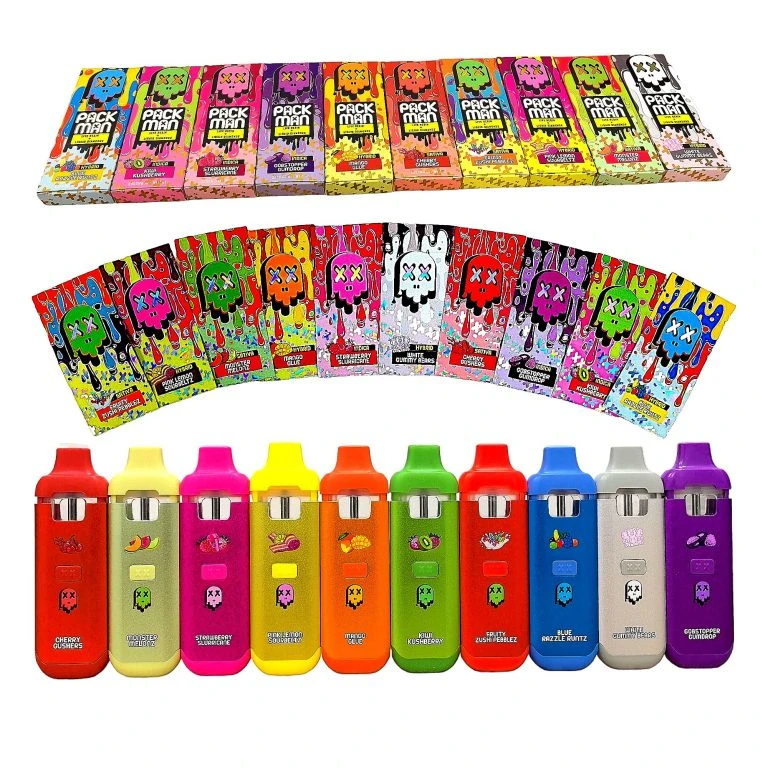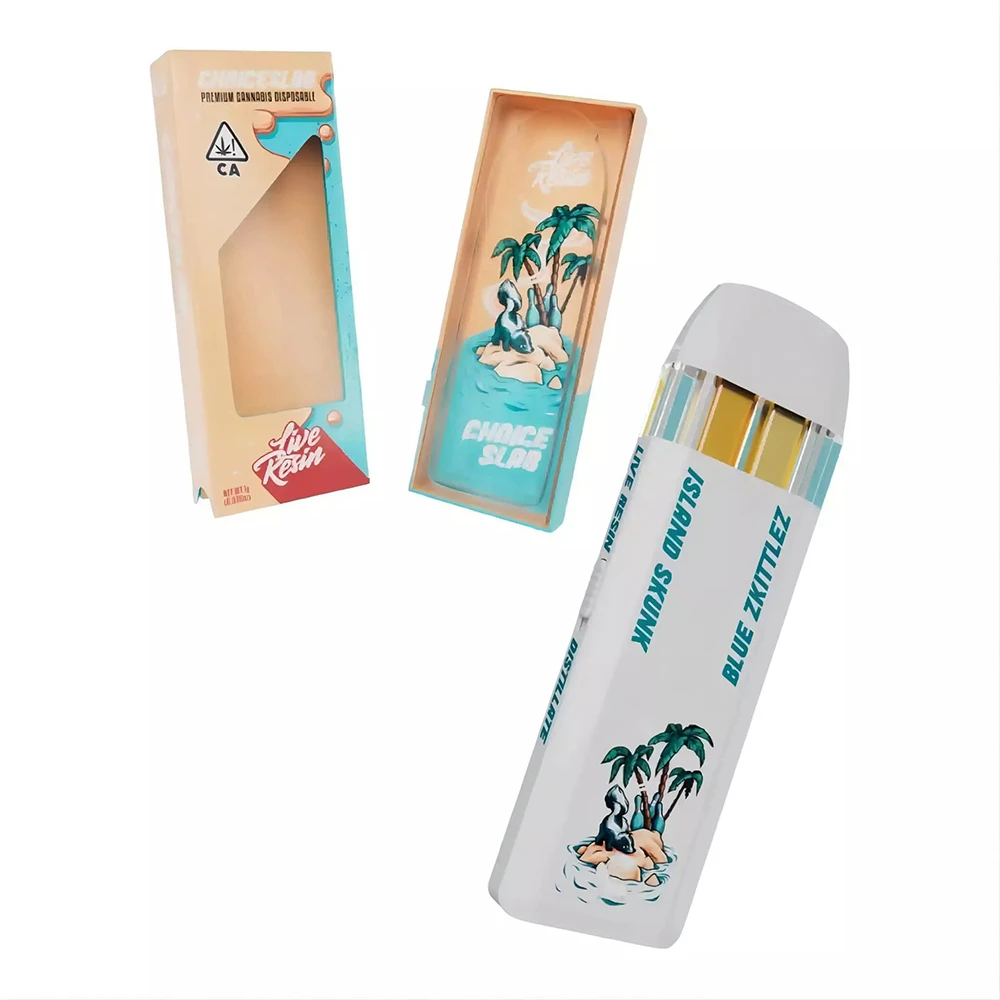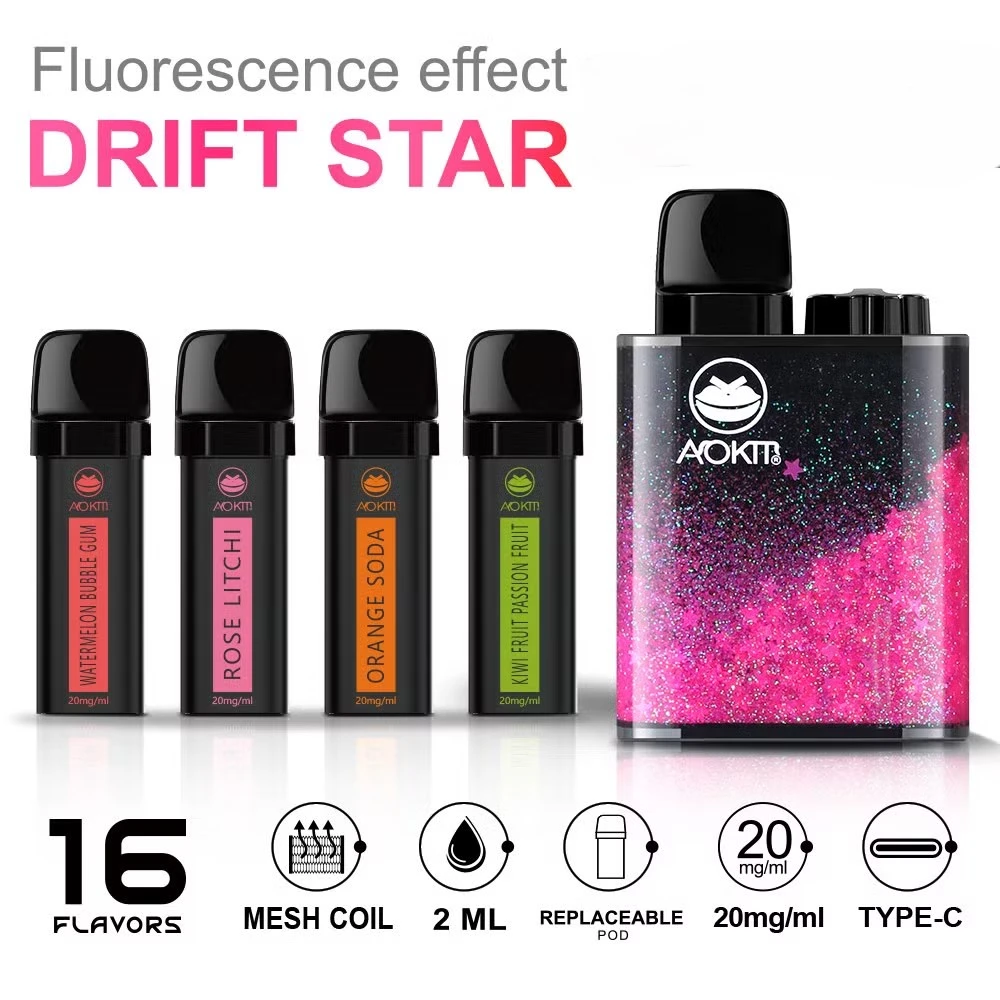
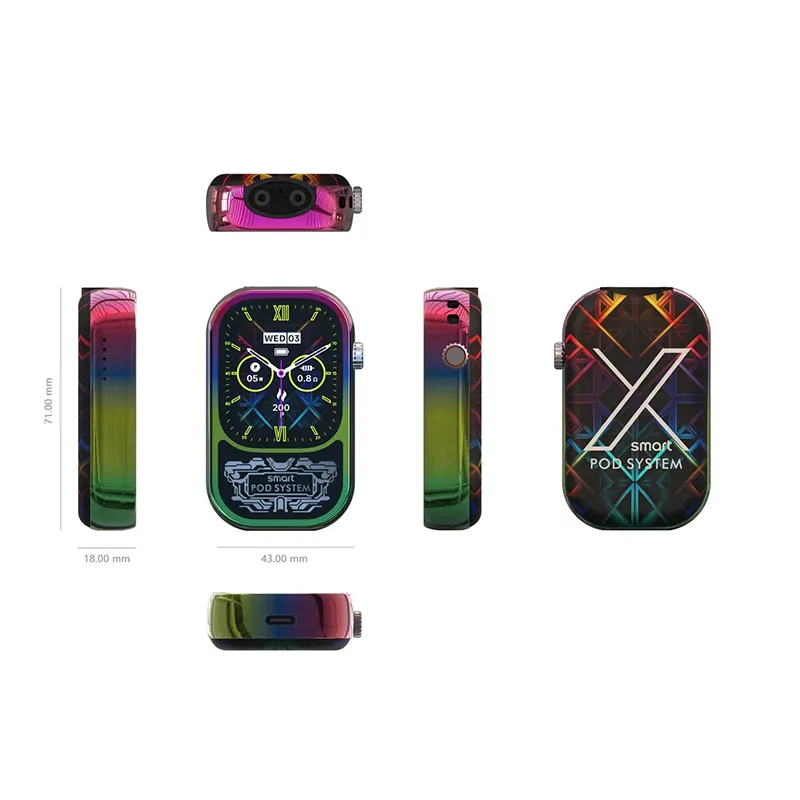
Certification also plays a critical role. Batteries with internationally recognized certifications adhere to stringent testing and quality checks, establishing trust and authority within the market. Certifications from organizations like CE, RoHS, and UN38.3 indicate compliance with safety standards, essential for businesses looking to build a trustworthy brand. For business entities, understanding the supply chain intricacies is essential. Different manufacturers provide varying lead times and quality standards. Formulating close relationships with manufacturers can significantly impact the timeliness and reliability of supply, thus aligning with market demands efficiently. Building such partnerships can also lead to customized solutions that better fit specific business needs. Furthermore, the environmental impact of lithium-ion batteries cannot be ignored. Businesses investing in bulk purchases should consider recycling programs and disposal methodologies that minimize ecological footprints. Partnering with waste management companies to ensure batteries are disposed of or recycled properly reinforces a commitment to environmental responsibility, appealing to eco-conscious consumers. Educating consumers about proper battery use and maintenance can enhance the safety and performance of their vaping devices. Providing information on charging cycles, optimal storage conditions, and the importance of replacing batteries can foster a user base that is both informed and loyal. In conclusion, procuring vape batteries in bulk is not merely a logistical consideration but a multifaceted strategy that impacts the overall business reliability, consumer satisfaction, and environmental responsibility. By prioritizing safety, forming strategic partnerships, and educating consumers, businesses can position themselves as leaders in the vaping industry, offering products that are safe, reliable, and in tune with the needs of modern vapers.
Post time:Feb - 20 - 2025



